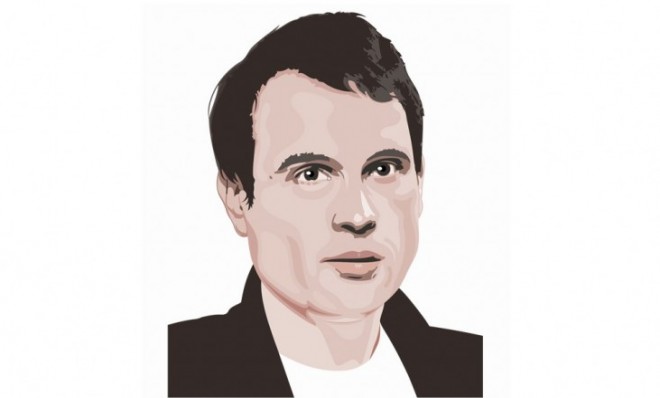The dead cat lives


A free daily email with the biggest news stories of the day – and the best features from TheWeek.com
You are now subscribed
Your newsletter sign-up was successful
Until the last three weeks before the election, you can safely skip the top-line numbers for every poll you read. That's why I'm less impressed by the president's post-convention "bounce," a term that implies that whatever is up shall come down. Generally, what's more striking is that the president's enthusiasm deficit among self-described independents who tend to vote Democratic has been erased. Those voters are moving (back) into his corner, and they're providing his buoyancy.
In a CNN/ORC poll taken once the convention was fully over, Democrats registered a nine-point gain, the percentage who said they were very enthusiastic about voting. The same poll shows marginal gains among men, most of it coming as a boost in support among young voters, very much a part of Obama's base. His personal favorability rating is an astonishing 57 percent. Why astonishing? We're supposed to be in a friction-full partisan realm where politics is evenly divided. Everyone in Mitt Romney's party except Mitt Romney predicates his case against Obama on the assumption that people cannot possibly have a favorable view of the president. And yet, this late in the game, almost six in 10 voters do.
The newest Washington Post-ABC News poll shows something that, on its face, seems to be weird. While the Democratic convention erased Romney's lead on the question of who would do a better job handling the economy, a slight majority disapprove of Obama's handling of economic matters. So there are voters out there — maybe 2 percent of the electorate — who think that Obama's policies won't work but who trust him to handle whatever's coming next. This is the "resignation" factor that plays into the president's hands so nicely. These voters are resigned to a second term. They might not ultimately vote for the president, but they haven't been convinced to vote for Mitt Romney either.
The Week
Escape your echo chamber. Get the facts behind the news, plus analysis from multiple perspectives.

Sign up for The Week's Free Newsletters
From our morning news briefing to a weekly Good News Newsletter, get the best of The Week delivered directly to your inbox.
From our morning news briefing to a weekly Good News Newsletter, get the best of The Week delivered directly to your inbox.
A free daily email with the biggest news stories of the day – and the best features from TheWeek.com
Marc Ambinder is TheWeek.com's editor-at-large. He is the author, with D.B. Grady, of The Command and Deep State: Inside the Government Secrecy Industry. Marc is also a contributing editor for The Atlantic and GQ. Formerly, he served as White House correspondent for National Journal, chief political consultant for CBS News, and politics editor at The Atlantic. Marc is a 2001 graduate of Harvard. He is married to Michael Park, a corporate strategy consultant, and lives in Los Angeles.
